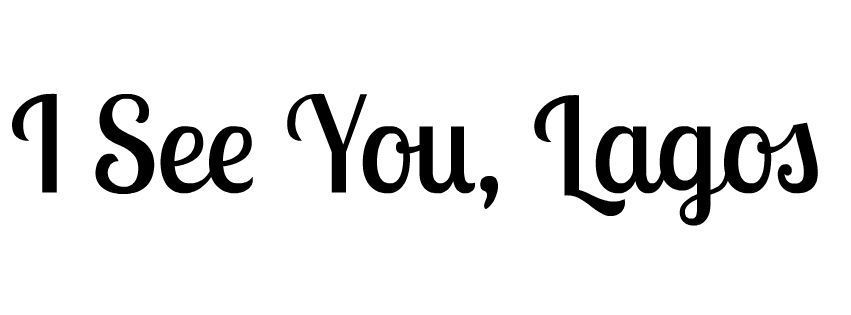(Photo credit: Pulse.ng)
I have been wanting to get out of the house and start to see stuff for a while now. I think I have reached a point where I have settled down into my new home and can start to really enjoy it. qMy cousin sent me the flyer above on Twitter for an art installation we just had to see and thought it would be nice for us to go down and see what it was all about. We visited on the opening day of 6 December.
Wolof/Jollof is a solo exhibition by Folakunle Oshun and curated by Ines Valle which displays an art installation which portrays the stories and tastes that underlay the popularity and controversy of the origination of the popular West African dish. The installation consisted of an outdoor installation of three legged cast iron pots on wheels, some of which were to be used to cook Jollof Rice during the exhibition. When we visited, we were told the rice would only be cooked on Sunday 13th.
You see it everywhere on social media, memes and discussions about the origins of Jollof rice. The Ghanians say they invented it, but the Nigerians call foul and say of course they invented it as Jollof could not be cooked with basmati rice. I think about all the different recipes I have come across in my lifetime, from the famous 'party rice' with its smoky taste, to the strange and odd tastes from hurried cooks and to my mum's ever famous Jollof with, yes, basmati rice. I also think about a time when I asked a diner during my time interviewing diners about the food in a new restaurant about the food to which he said that the Jollof was not red enough for his like. Never mind the fact that it tasted perfect. Folakunle Oshun explained that despite multiple personal versions of Jollof, West Africans have this one dish in common.
I learnt that of course the dish originated during the Jollof Empire of the Wolof people in the Senegalese region. This dish then migrated and spread across other West African areas. On speaking to Folakunle Oshun, it is clear that his vision of the installation is to show that the region and the whole continent must come into their own. The multiple ways of cooking it highlight an Africa so diverse that should come together to solve their own problems. Earlier this year, in the news I saw that the African Union had proposed a single currency and passport. Have we reached a time where it would be beneficial for Africans to pool their resources together to achieve potential economic aims? There certainly are benefits but many challenges attached to this.
Opeyemi Balogun - a recreation of the artist's friend's room, where the artist developed his own personal Jollof born out of hunger as an undergraduate.
United Nations of Jollof (UNJ) - a series of small blue pots places upside down in the military formation (UN colour) to show that Africa can solve their own problems without external interests.






No comments:
Post a Comment